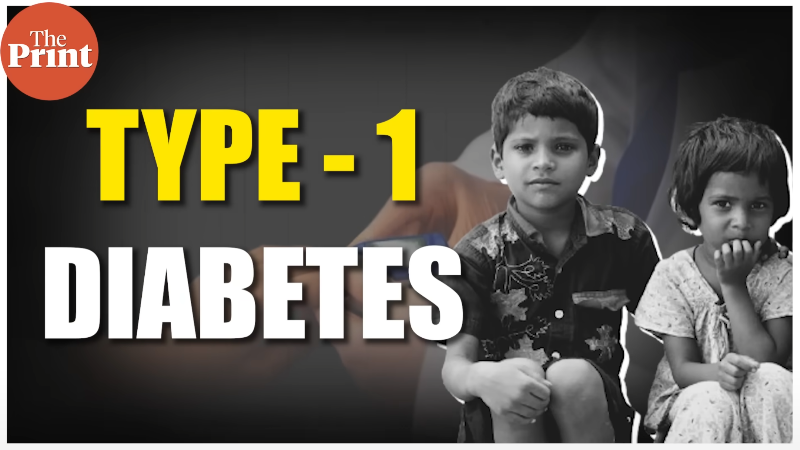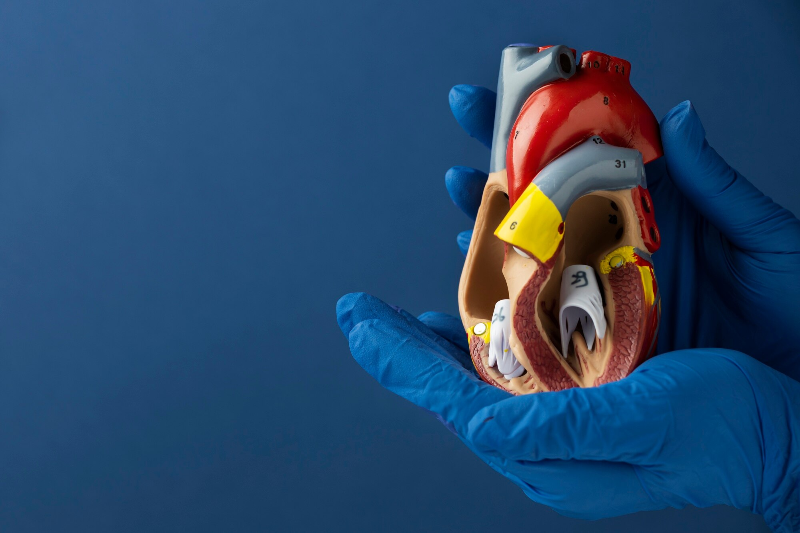by American Heart Association
Credit: Unsplash/CC0 Public Domain
Throughout adulthood, adverse family experiences in childhood including abuse may increase the odds of poor cardiovascular health, while stable, nurturing caregiver relationships during childhood may increase the chances of optimal heart health throughout adulthood, according to new research published in Circulation: Cardiovascular Quality and Outcomes.
The findings also suggested that lower income in adulthood may introduce additional adversity in the life course and may potentially amplify the broader experience of a difficult childhood in such a way that it made the relationship between caregiver-child adversity and heart health difficult to see.
"While it is known that early childhood health lays the foundation for health later in life, we found how children interact with adults in their lives may also be impactful," said lead study author Robin Ortiz, M.D., M.S., an assistant professor in the pediatrics and population health departments and a core faculty member in the Institute for Excellence in Health Equity at New York University Grossman School of Medicine in New York City.
"Supporting adults in a way that may promote safe, stable and nurturing relationships with children in their care may be important in creating healthy habits in childhood that carry through adulthood. Health care professionals should consider the health and well-being of the household when addressing cardiovascular health at any age."
According to the researchers, this study is the first to identify a link between childhood family environment and cardiovascular health at different times throughout the course of adult life, which was a 20-year follow-up period.
Using data from a long-term study about cardiovascular disease and risk factors among Black and white adults ages 18-30, researchers aimed to quantify the association between adverse childhood experiences and caregiver warmth on cardiovascular health from early to later adulthood. They also explored whether the association differed based on income levels.
The study used the framework of the American Heart Associations' Life's Simple Seven metrics (updated to Life's Essential 8 to include sleep) for improving and maintaining cardiovascular health (controlling cholesterol, blood pressure and blood sugar; managing healthy diet, weight and physical activity, and avoiding smoking) to calculate cardiovascular health scores at the start of the study and again at year seven and year 20.
Information on adverse childhood experiences was collected at year 15 with the Risky Family Environment Questionnaire. This questionnaire assesses childhood experiences before age 18, such as emotional and physical abuse, substance use in the home and adult affection.
At the 20-year mark, researchers observed:
A one-unit higher score on the risky family environment questionnaire was associated with nearly 4% lower odds of reaching a high cardiovascular health score. Abuse, in particular, was associated with about 13% decreased odds of attaining a high heart-health score.
Positive, warm experiences between caregiver and child were associated with about 12% higher odds of reaching the highest cardiovascular health score.
While the relationship between childhood exposures and adult heart health remained unchanged for those with highest annual income—above $35,000—in adulthood, lower annual income—$35,000 or less—in adulthood may confound the effects of early adversity.
Researchers expected to find that having experienced high caregiver warmth would be protective against the relationship between childhood abuse and low cardiovascular health scores in adulthood.
"However, it turns out that those with high caregiver warmth who also experienced high abuse were still more likely to have lower cardiovascular health scores," Ortiz said. "This suggests that the lack of stability in a caregiver relationship, in other words the potential to experience abuse and warmth with unpredictability for either, may be as harmful as exposure to high rates of abuse without protective factors."
In addition, she said they were surprised at the impact of adult income.
"We interpret this to suggest that people with low income in adulthood may have faced adversity in both early and later life beyond family relationship experiences, and perhaps also socioeconomic hardships or structural adversity," she said. "As we look at primordial prevention of cardiovascular disease, healthy and stable childhood relationships and life-long economic equity may play a crucial role in the equitable opportunity for all to attain cardiovascular health across the life course."
Study details:
The study included data from 2,074 adults from the Coronary Artery Risk Development in Young Adults (CARDIA) study, initiated between 1985 and 1986, with ongoing data collection at sites in Minneapolis, Minnesota; Birmingham, Alabama; Chicago; and Oakland, California.
Participants' average age was 25 years old at the start of the study, and more than half of the participants were women.
Adverse childhood experiences were measured with the Risky Family Environment questionnaire, specifically asking whether the individual felt loved and cared for, was shown physical affection, was verbally abused, was physically abused, lived with a substance abuser, lived in a well-organized, well-managed household, and whether family members knew what the child was up to.
Cardiovascular health scores were measured with the American Heart Association's Life's Simple 7 metrics (range of 0–14). More than 28% of the participants met an ideal cardiovascular health score, 12 or higher, at the start of the study, and more than 16% hit those marks at year 20.
The study is based on information collected from adults about their childhood experiences, so it is limited in the ability to assess cause and effect and may be affected by factors such as memory and bias.
"It will be important for future studies to follow children early and throughout life if we hope to make more definitive or cause-and-effect statements about the impact of early life exposures on later-life outcomes," Ortiz said.
Childhood adversity is highly prevalent, with 59% of the U.S. population reporting at least one adverse event experience, according to the 2018 American Heart Association scientific statement Childhood and Adolescent Adversity and Cardiometabolic Outcomes. Substantial evidence links childhood adversity to cardiometabolic disease later in life, including heart disease, type 2 diabetes and stroke.
Shakira F. Suglia, Sc.D., and Ayana K. April-Sanders, Ph.D., note in an accompanying editorial that it is critical to learn whether interventions that strengthen caregiver-child relationships can promote positive cardiovascular health across the life course.
Current interventions "mainly focus on cognitive-behavioral therapy that addresses mental health outcomes. Still, little is known of interventions that can be delivered to address cardiovascular health and best practices for implementing those interventions."
More information: Robin Ortiz et al, Evidence for the Association between Adverse Childhood Family Environment, Child Abuse, and Caregiver Warmth and Cardiovascular Health across the lifespan: The Coronary Artery Risk Development in Young Adults (CARDIA) Study, Circulation Cardiovascular Quality and Outcomes (2024). DOI: 10.1161/CIRCOUTCOMES.122.009794
Journal information: Circulation
Provided by American Heart Association







Post comments